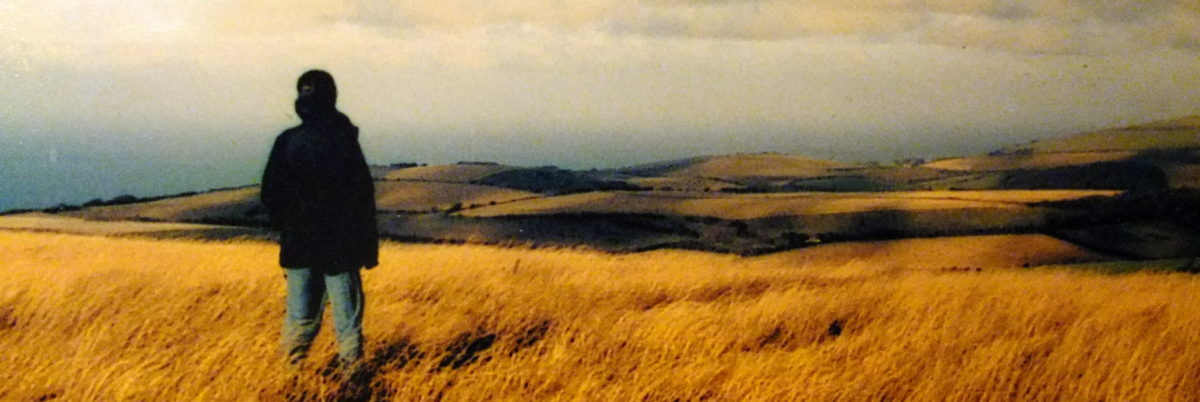
I sat in a circle with my friends, each of us holding a paper filled with poems, prayers, and Bible quotations. We were going to read them silently and slowly to ourselves – with the clear intention of not finishing! We hoped to be so moved by a phrase or word that we would need to stop and prayerfully reflect on the meaning it held for us.
This is a very adventurous and mysterious kind of reading. Our usual habit of reading for information is turned upside down. We are not reading to learn something about current events or new technology; we are not reading to solve a problem or analyze a situation. We are not even reading to discover how a story turns out. Instead we’re reading for the purpose of opening to God, of paying attention to the Loving Spirit so we can grow spiritually. We read to be spiritually formed, not informed.
In Christian tradition, this way of reading is called lectio divina, or holy reading. For centuries, this prayerful attending to words has used the Bible as its sourcebook. Today other meaningful writings are often included, especially poems or written prayers.
Our group began lectio divina by pausing a few moments to consciously welcome the Spirit into our experience. Then we began to read silently to ourselves, attending to each word and phrase, looking for the words that would stir us and stop us. We didn’t know what we would find. And we didn’t know what we would discover in our prayerful reflection on the words.
I began to read the first passage:
I have called you by name and you are mine. When you walk through the waters, I will be with you; and through the rivers, they shall not overwhelm you. When you walk through fire you shall not be burned, and the flame shall not consume you. . . You are precious in my eyes and honored and I love you.
But I never read to the end of these verses from Isaiah 43. The first six words stopped me. These words were speaking to me; this “I” was calling me. This is where I needed to stop. I closed my eyes to reflect.
I wondered why these particular words moved me, what feeling or experience was in them. Suddenly I saw myself standing at the edge of a small stream, hiking poles in hand. There was a figure on the other side of the stream, extending a hand and inviting me to come over. The crossing was quite safe but I’d need to take off my shoes and wade. I wasn’t scared to cross but I was a little apprehensive about what I’d find on the other side. Even so, I was glad to be called.
I wondered what particular opportunity or invitation these words, this image, held for me. My image of crossing a stream was powerful but I didn’t know why it had come or what invitation it represented. What kind of metaphor was it? Perhaps I would only discover the opportunities on the other side after I’d said yes, walked through the stream, and began to look around. Entering the territory across the stream would be venturing into the unknown.
In our daily lives, as in the spiritual practice of lectio divina, we don’t know what we will notice that will make us pause. We don’t know what will move us, what invitation will come to us if we are mindful and attentive in our living. It may seem strange or unusual (like a vision of being beckoned across a stream) or it may continue a familiar path. May we always choose to live attentively. May we always respond in love to what arises.

